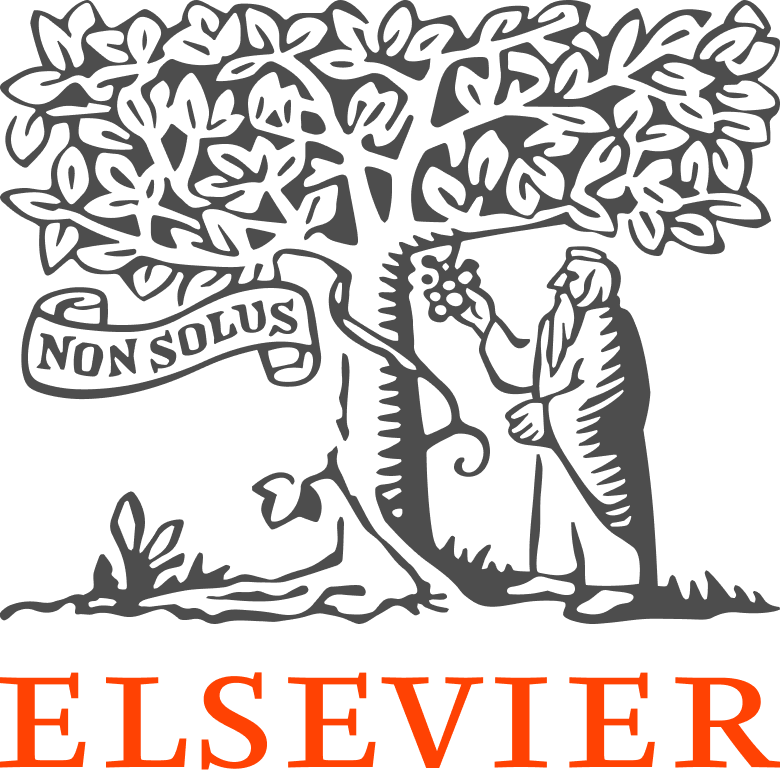How Can We Help?
Pure Portal Search Engine Optimization (SEO)Pure Portal Search Engine Optimization (SEO)
For most of our customers, Pure Portal is one of the key ways of showcasing their work and expertise to the world. While it is often a resource actively used internally, majority of visitors to the portals come from the outside of the institution, typically through a search engine. It is thus of paramount importance to ensure that your Pure Portal performs well with the search engines.
How is Pure optimising for SEO
At present, the Pure Portal is available for indexing by search engines. We employ the following technical measures to maintain our search ranking, in line with Google recommendations:
-
Sitemap – the Pure Portal provides an XML document to web crawlers, detailing the full structure of pages on the Pure Portal, including labelling non-relevant pages as Utility pages.
-
Meta descriptions – concise summaries of page content are included, making use of the detailed metadata in Pure to populate a rich and meaningful description of the nature of the content.
-
The Portal escapes the characters such as < > and " to HTML entities when populating the content attribute in the metatag. The Portal populates HTML meta tags in line with Google recommendations
-
We use structured, semantically accurate URLs
-
Taking various actions to boost page speed, such as the image rescaling improvements.
-
An ongoing dialogue with Google representatives to maintain best practice and to root out and resolve any issues quickly and efficiently
-
Pure also works with Google Scholar to notify them proactively when the new Portal is set up. The indexation typically happens within a month of the Portal going live.
Please note that Pure Portals disallow crawling by the Generative AI engines (such as Chat GPT, for example) as many of our customers see these crawlers negatively impacting Portal performance. This does NOT have any impact on being indexed by the search engines.
How can you ensure higher ranking of the Portal pages
It is not possible to dictate which links come up at the top of the page of a search engine. Different search engines have a range of rules that are used to determine which pages are promoted to the top of the search, not all of these factors are under our control. Technical SEO optimisation we discussed above is only part of the picture.
Google outlines the following factors as key to promoting the page to the top of the results list:
- Unique content on the site pages
- Links referencing the website on other pages (especially those, highly ranked by Google)
We have analysed the performance of many of our customer Portals and conducted interviews with those whose Portal visitor numbers showed strong growth to see the key factors that drive it. Our analysis shows that the biggest success factors are:
- Amount of content published on the Portal - the more unique content the Portal has, the more likely it is to come up in the search results
-
Sustained engagement of the Research institution staff with the Portal:
- filling out information like research interest descriptions, organisation and project descriptions and making sure this content is unique (and not just a copy of what was added on another page)
- ensuring the researchers reference the Portal when talking about their work in social media
- ensuring the engagement is sustained throughout the researcher’s stay at the institution and is not a one-off exercise
-
Ensuring Pure Portal is easily discoverable trough the main research institution website(s)
-
We have noticed that the institutions who provide a clear link encouraging visitors to explore their Pure Portal within one / two- click distance from the main page see an increase in traffic and an improvement in the page rankings
-
We have noticed that the institutions who provide a clear link encouraging visitors to explore their Pure Portal within one / two- click distance from the main page see an increase in traffic and an improvement in the page rankings
How can you get more insight on your Portal performance
Using the Google Console reports to get a better insight into your Portal performance and indexing status. Please note that Google Console for the each Pre Portal can only be indexed by the customer who owns the Portal, Elsevier staff has no access to it.
We recommend using this Google guide on how to read the reports as it provides a clear explanation for each indicator you see. If you are specifically interested in which pages are indexed or not and the reasons for that, we recommend reviewing the Page Indexing Report on Google console (here is a comprehensive Google Guide on how to read it).
You can also reach out to your customer consultant to get a high-level view on the visitor statistics for your Portal (for customers who opted in to enable Adobe analytics).
Published at August 20, 2024
